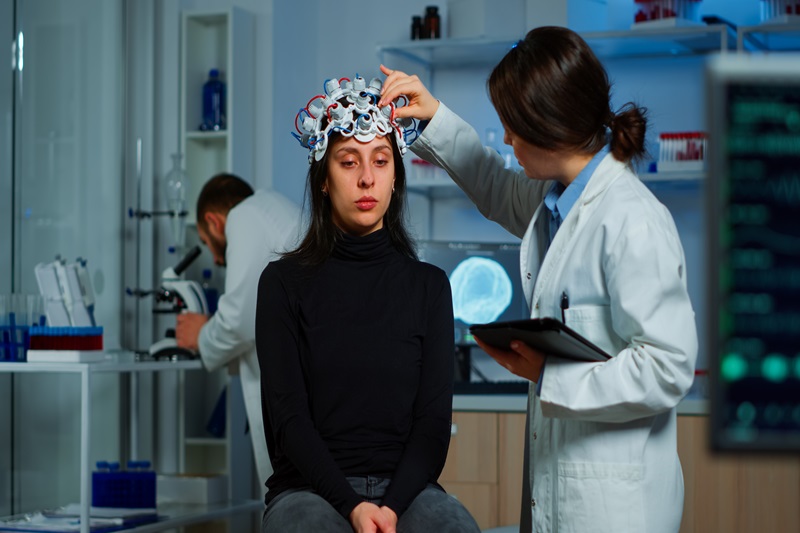
Deep Brain Stimulation (DBS) surgery is an advanced neurosurgical technique employed to remedy various movement disorders, including Parkinson’s disease, essential tremor, and dystonia. Despite its proven effectiveness, DBS surgery has advantages and disadvantages. Below, we enumerate these pros and cons to analyze the procedure comprehensively.
Pros:
-
Symptom Management: DBS can effectively alleviate symptoms associated with movement disorders, including tremors, rigidity, and dyskinesias, significantly improving patients’ quality of life. -
Non-Destructive: Unlike other surgical procedures, DBS does not involve the destruction of brain tissue. Instead, it modulates abnormal neural activity by delivering electrical impulses to specific brain regions. -
Adjustable: DBS devices are programmable, allowing healthcare professionals to adjust stimulation parameters according to individual patient needs, providing personalized symptom management and optimizing therapeutic outcomes over time. -
Reversibility: DBS surgery is reversible, meaning that the implanted electrodes can be removed if necessary, offering flexibility in treatment options. -
Reduced Medication Dependency: DBS can reduce the reliance on medications for symptom management, potentially minimizing medication-related side effects and improving overall treatment outcomes.
Cons:
-
Surgical Risks: Deep Brain Stimulation (DBS) surgery is a medical procedure that entails certain inherent risks, which include, but are not limited to, infection, bleeding, anesthesia-related complications, and the possibility of stroke or brain hemorrhage during electrode placement. Patients must be informed of these risks before undergoing this surgery. Therefore, it is highly recommended that physicians and surgeons thoroughly discuss the potential risks of DBS surgery with their patients to ensure that they are fully informed and make an educated decision regarding their treatment plan. -
Hardware Complications: Deep Brain Stimulation (DBS) devices are prone to hardware-related complications such as electrode migration, battery depletion, and malfunction, which may necessitate additional surgical interventions for device replacement or repair. These complications can significantly impact patient outcomes and overall quality of life. Therefore, healthcare providers must closely monitor patients with DBS devices and act quickly if any complications arise. By doing so, they can minimize the risk of adverse events and ensure that patients receive the best possible care. -
Side Effects: While DBS can effectively manage motor symptoms, it may also cause side effects such as speech difficulties, balance problems, cognitive changes, or mood disturbances, particularly if stimulation parameters are not optimized correctly. -
Cost: DBS surgery and subsequent follow-up care can be costly, including the initial surgical procedure, device programming sessions, and long-term maintenance of the implanted device, which may pose financial burdens for some patients. -
Not Suitable for Everyone: DBS surgery is not suitable for all patients with movement disorders, and candidacy criteria may vary depending on individual factors such as disease severity, overall health, and medication response.
In treating movement disorders, Deep Brain Stimulation (DBS) surgery can offer significant advantages to select patients. However, the decision to undergo this procedure must be made after carefully considering the potential risks and benefits in consultation with a qualified healthcare provider. The Royal Care Institute of Neurosciences, located in Coimbatore, Tamilnadu, offers the highest standards of care for individuals with neurological conditions. With a team of highly skilled neurologists and neurosurgeons, nursing staff, state-of-the-art infrastructure, cutting-edge neuro ICU and 24 x 7 neuro-rehabilitation services. We encourage you to contact us at 080623 58667 to learn more about our services and explore the treatment options that are best suited for your individual needs.
